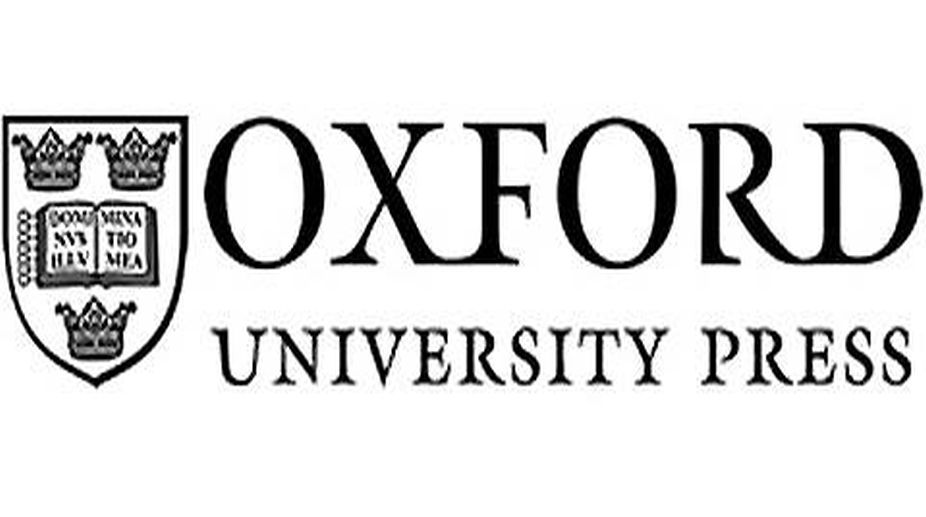Turning ‘The Pages of My Life’
It was about a dream come true as a book publisher and writer released an autobiography in the capital on Saturday…

(Photo: Facebook)
Oxford University Press has recently forayed into the Indian language publishing programme. The publishing industry in our country is undergoing not merely a transformation, but a tectonic shift. Regional markets have become the focus area for major publishing houses.
Sugata Ghosh, director of global academic publishing, Oxford University Press in South Asia with responsibilities in India, Sri Lanka, Bangladesh, Nepal and Bhutan, shared about the current ventures.
Advertisement
Excerpts:
Advertisement
Q How will this initiative help revive literature in regional languages?
More than revive — the Indian languages publishing programme will help expand knowledge discourses by publishing new work as well as translating classic English texts into these languages. In the process, it will first help build bridges between knowledge systems and simultaneously fuel the growth.
Q How are the demands for vernacular non-fictions against English language books?
There is considerable demand for vernacular non-fiction books in the country. Readers such as students, scholars, researchers, teachers, schools, universities face a considerable gap in the demand and supply of such books. For instance, Hindi and Bengali languages have different sets of readers.
In the former, there are mostly students appearing for government job examinations such as banks, administrative services, etc, who need resources in regional languages. Although books for such exams may be available, they are not enough to fulfill the need of this growing population.
In the latter, there exists a well-established reading population who consume non-fiction literature. It is to cater to this demand that OUP decided to enter in the regional languages publishing market, by coming up with quality non-fiction books that could become fundamental texts for a wide range of people from different backgrounds.
Q Do you think this initiative will encourage the present generation authors to write more in their mother tongue?
Yes, definitely. As an academic press our major endeavour is towards encouraging new authors to publish in their mother tongues. For far too long we have neglected good academic research in such languages, thereby limiting the boundaries of knowledge to western dominated discourses only. It is therefore our responsibility to help build a response to it by doing what we do best, publish quality works and encourage deep engagements with literature in local languages.
Q What other plans does OUP have for the regional Indian market?
We hope to make such books available in both print and digital formats, making access simple and diverse in both form and content. We also hope to introduce a kind of professionalism to the regional language publishing industry by ensuring that we play by the rules and comply with ethical terms of business. There are also plans to expand to more Indian languages as we grow, including, Tamil, Marathi, Malayalam, Telugu, to name a few.
Q What according to you created the publishing houses shift of focus to regional markets?
The shift in the socio-political climate in the country has been a major eye opener to the demands in regional language resources. English as a language has lost its hegemonic sway, giving way to regional languages to stake major claims not only in the educational sector, but also in the economy at large.
For instance, Google predicts that more than two billion Internet users in the next five years will be those belonging to the Indian language speaking population.
This shift represents how languages are increasingly playing crucial roles in determining major economic, political, as well as cultural trends. Given this context, it was important to adapt to the changing imagination of the country.
Advertisement